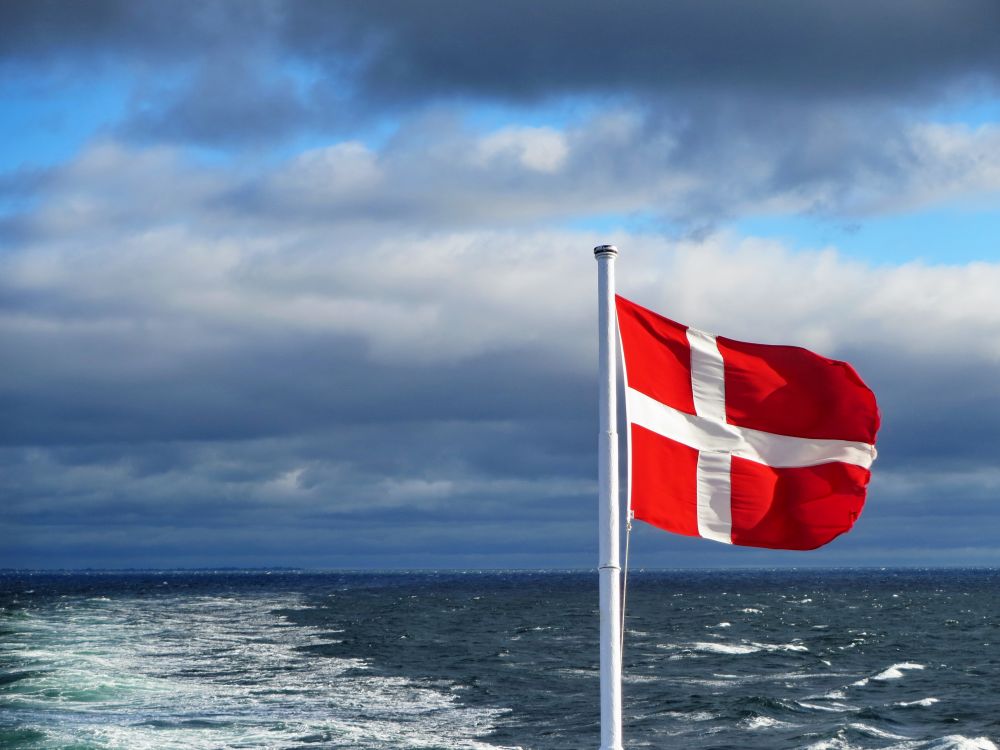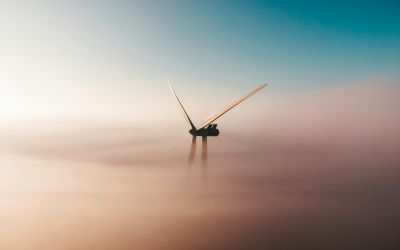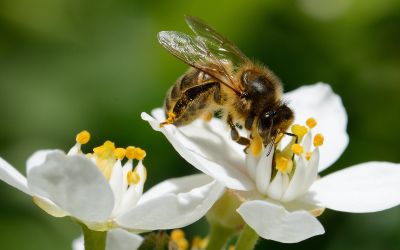Danish Energy Agency awards Ørsted new contract to capture and store 430,000 tonnes of biogenic CO2
The Danish Energy Agency (DEA) has awarded Ørsted a 20-year contract for its carbon capture and storage (CCS) project ‘Ørsted Kalundborg Hub’.

The Danish Energy Agency (DEA) has awarded Ørsted a 20-year contract for its carbon capture and storage (CCS) project ‘Ørsted Kalundborg Hub’.
The project entails that Ørsted will establish carbon capture at its wood chip-fired Asnæs Power Station in Kalundborg in western Zealand and at the Avedøre Power Station’s straw-fired boiler in the Greater Copenhagen area.
“We’re incredibly pleased with the outcome of the tender process, and we look forward to initiating the work of establishing a carbon capture facility at two of our combined heat and power plants running on sustainable straw and wood chips. According to the UN’s Intergovernmental Panel on Climate Change (IPCC), capture and storage of biogenic CO2 is one of the tools we must use to fight climate change, and our CCS project will contribute significantly to realising the politically decided Danish climate targets for 2025 and 2030,” says Ole Thomsen, Senior Vice President and Head of Ørsted’s Bioenergy business.
During 2025, the Asnæs and Avedøre combined heat and power plants will begin to capture and store biogenic carbon, and at the beginning of 2026, the two units will capture and store approx. 430,000 tonnes of biogenic CO2 every year.
The realisation of the project will be the first step in establishing a large-scale CO2 infrastructure across Denmark as the Asnæs Power Station will not only serve as hub for the capture and shipping of Ørsted’s own biogenic CO2, but potentially also for shipping CO2 produced by other emitters.
Ørsted has teamed up with Aker Carbon Capture, the Norwegian frontrunner in carbon capture technology and developer of a field-proven and proprietary carbon capture technology. As carbon capture provider, Aker Carbon Capture will deliver five Just Catch™ units to the CHP plants. The Just Catch™ standardised concept is a modular and configurable offering, which enables efficient production and deployment of carbon capture units.
The 430,000 tonnes of biogenic CO2 from the Asnæs and Avedøre combined heat and power stations will be shipped to the Northern Lights storage reservoir in the Norwegian part of the North Sea. Ørsted has entered a contract with Northern Lights, who is developing a CO2 transport and storage infrastructure. Phase one of the Northern Lights project will be completed in 2024 and is the most mature carbon storage site in the North Sea.
By capturing the biogenic carbon from biomass-fired combined heat and power plants and storing it underground, it is possible to not only reduce, but also remove CO2 from the atmosphere, as biogenic carbon from sustainable biomass is part of a natural biogenic carbon cycle. Thereby, you create negative emissions.
In March 2021, Ørsted, Aker Carbon Capture, and Microsoft signed an agreement to, among other things, drive forward the process of reaching actual operation of a commercial and technical setup that combines carbon capture and clean energy production via biomass-fired combined heat and power plants.
In direct support of this new project, Microsoft has agreed to purchase 2.76 million tonnes of high-quality, durable carbon removal over 11 years from the capture and storage of biogenic carbon from the Asnæs Power Station. This represents one of the world’s largest carbon removal offtake agreements by volume, to date.
"Our landmark long-term agreement with Ørsted for high-quality carbon removal supports Microsoft’s commitment to become carbon-negative by 2030, sends a strong demand signal to scale the market, and showcases the power of partnership and the technological innovation needed to help the world make the clean energy transition,” said Melanie Nakagawa, Chief Sustainability Officer at Microsoft.
The agreement between Ørsted and Microsoft also demonstrates the commercial value associated with carbon capture and removal. Given the nascent state of bioenergy-based CCS, Danish state subsidies and Microsoft’s contract were both necessary to make this project viable.
Find out more here.



